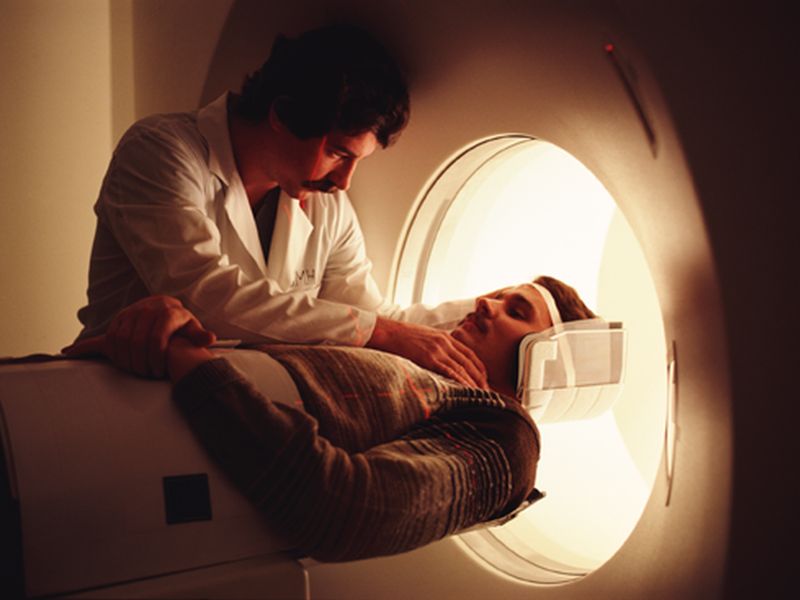

Speed Is Key When a Stroke Strikes
Getting help fast can save lives, lower disability, neurologists adviseFriday, May 12, 2017

FRIDAY, May 12, 2017 (HealthDay News) -- Every 40 seconds someone in America has a stroke.
But fast action and quick treatment can save lives and reduce disability.
"Stroke statistics are alarming. It's the fifth leading cause of death in the United States and the leading cause of serious adult disabilities," said Dr. Randolph Marshall, chief of the stroke division at NewYork-Presbyterian/Columbia University Medical Center.
"The most effective method in saving a stroke victim's life is to diagnose and treat immediately after a stroke occurs," said Dr. Matthew Fink, neurologist-in-chief at NewYork-Presbyterian/Weill Cornell Medical Center. Both hospitals are in New York City.
"Strokes kill nearly 133,000 people a year. The good news is that approximately 80 percent of strokes can be prevented," Marshall said in a NewYork-Presbyterian news release.
As part of Stroke Awareness Month, the two experts offered stroke prevention tips.
Certain lifestyle changes greatly reduce the risk of stroke.
High blood pressure is a leading cause of stroke. Cutting your salt intake is one of the best ways to achieve a healthy blood pressure. Instead of salt, use a variety of spices to flavor your food.
Eating a heart-healthy diet can prevent high cholesterol and maintain a healthy balance between good and bad cholesterol. This will reduce your risk of heart disease and stroke.
Don't smoke. Smokers have twice the risk of stroke because smoking damages blood vessels, raises blood pressure and speeds up the clogging of arteries.
Get regular exercise and maintain a healthy weight. Being overweight or obese increases the risk of high cholesterol, high blood pressure, diabetes and stroke.
SOURCE: NewYork-Presbyterian, news release, May 1, 2017
HealthDay
Copyright (c) 2017 HealthDay. All rights reserved.
News stories are written and provided by HealthDay and do not reflect federal policy, the views of MedlinePlus, the National Library of Medicine, the National Institutes of Health, or the U.S. Department of Health and Human Services.
- More Health News on
- Heart Diseases--Prevention
- High Blood Pressure
- Stroke



























.jpg)












No hay comentarios:
Publicar un comentario